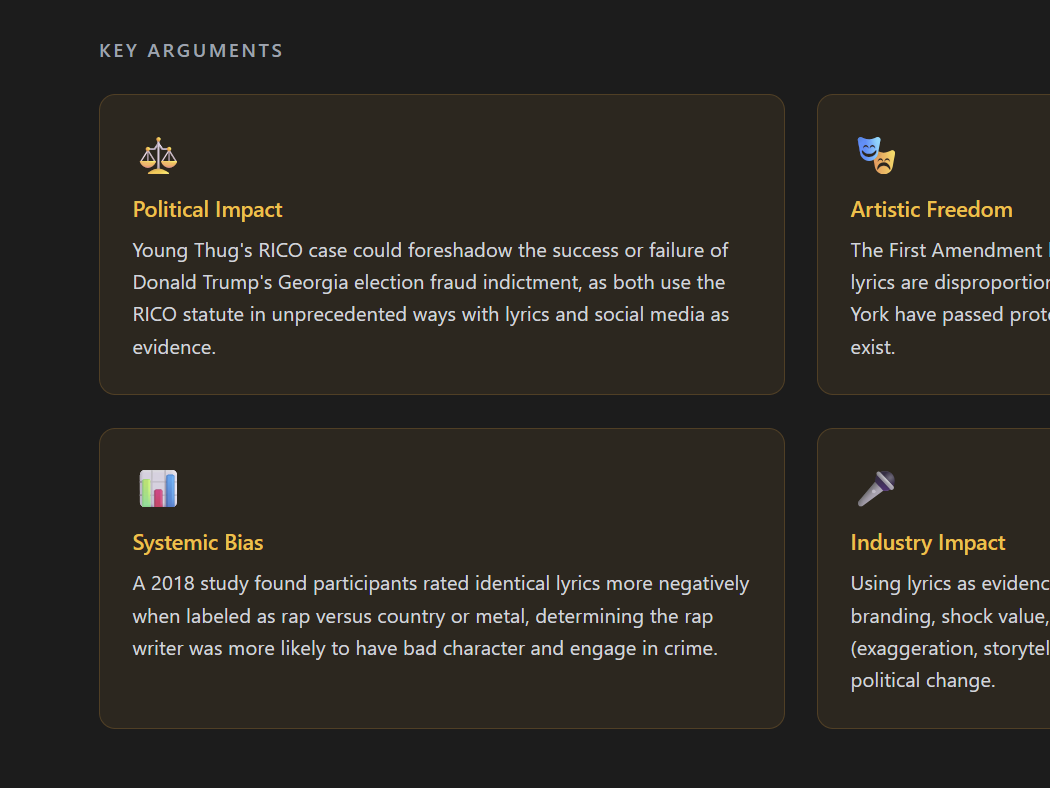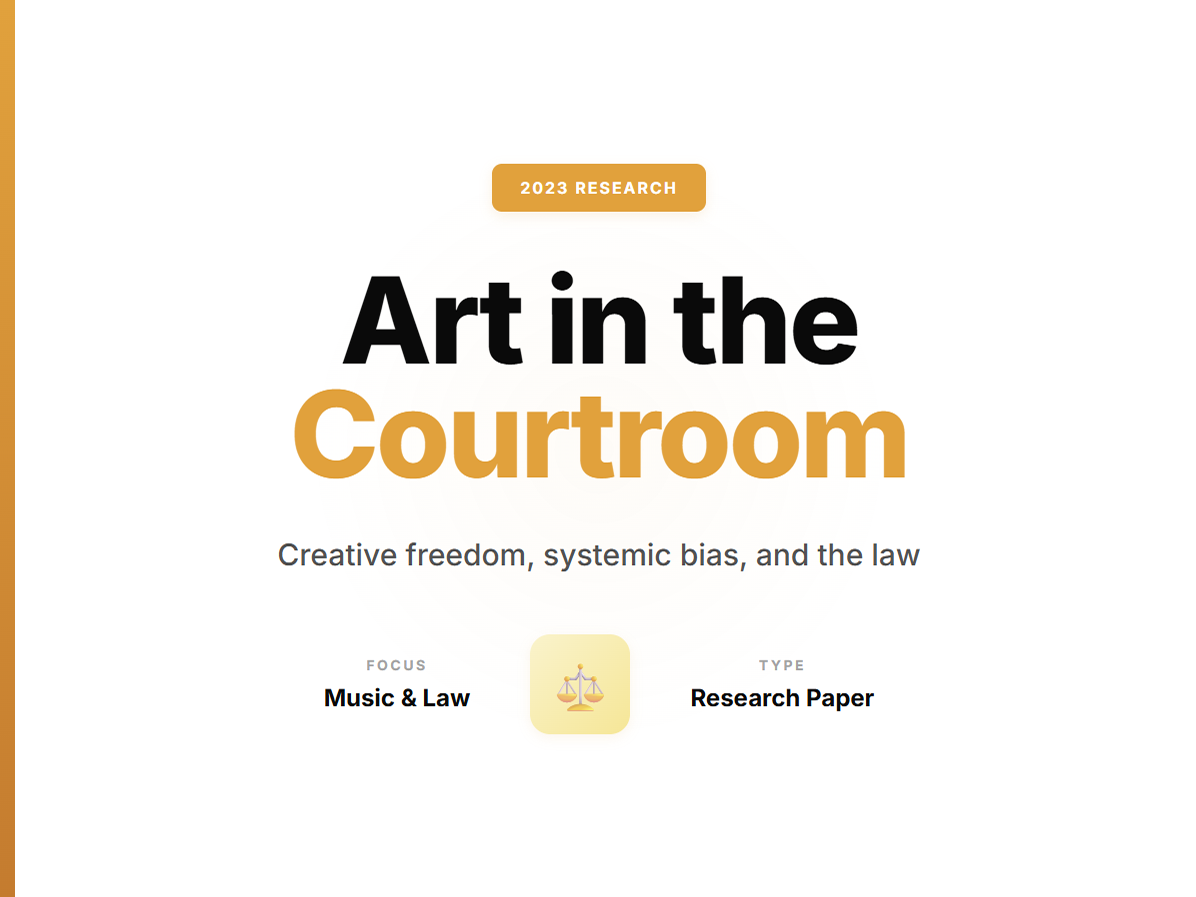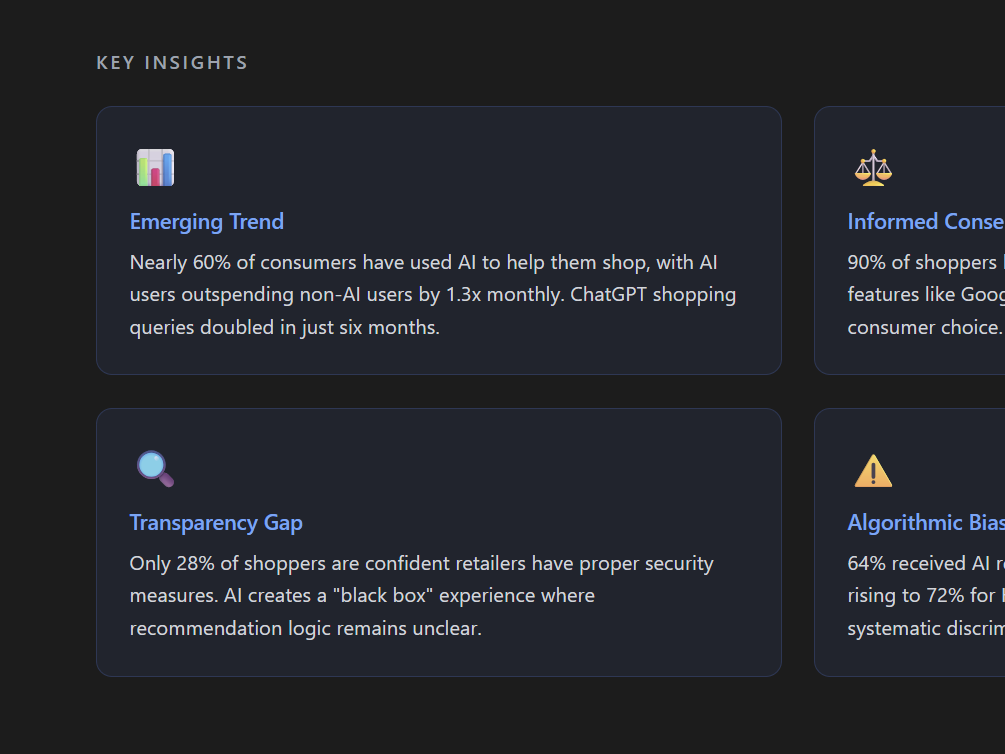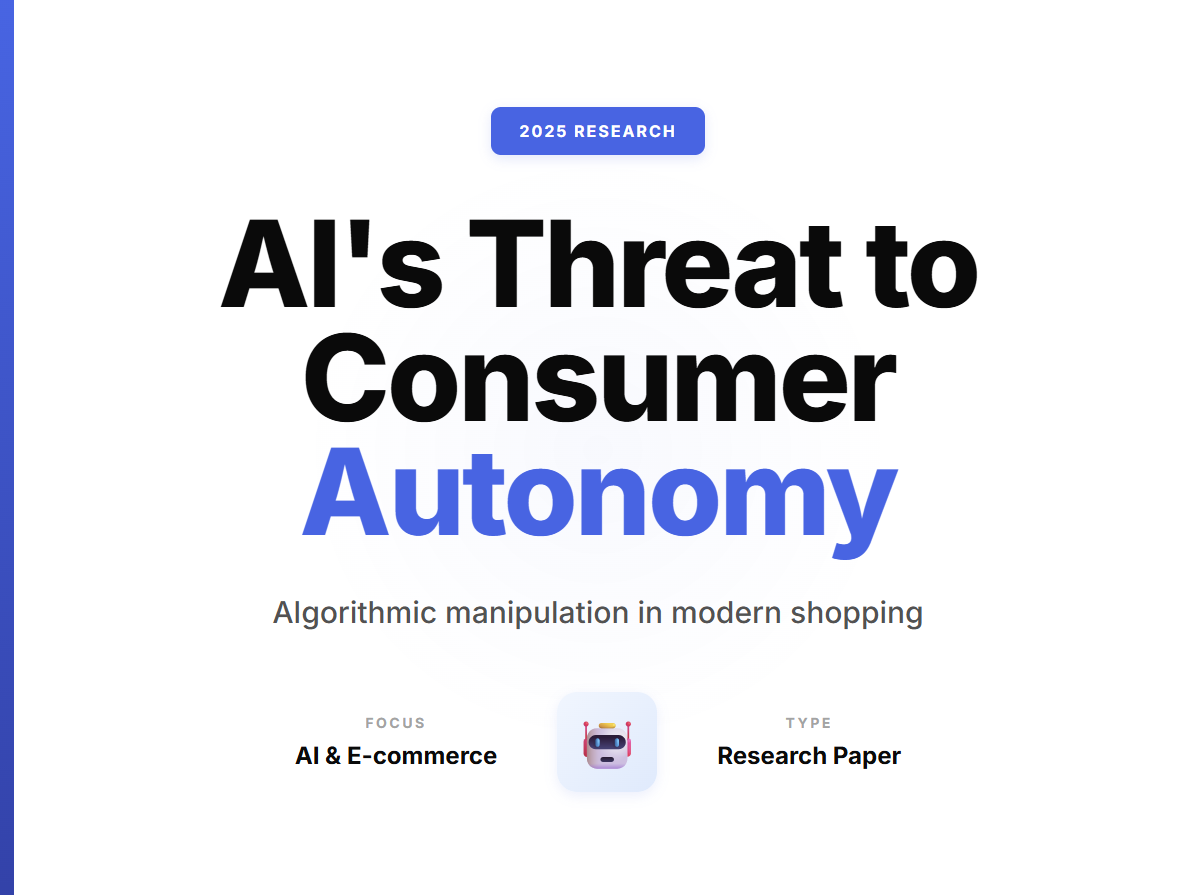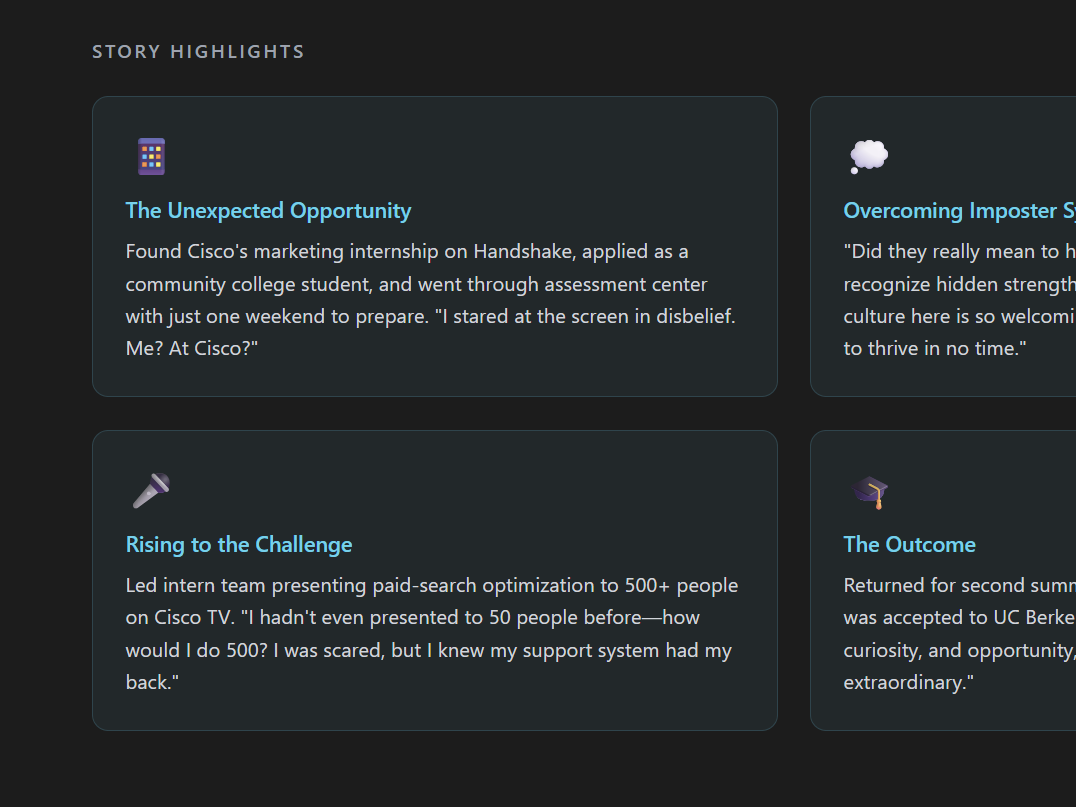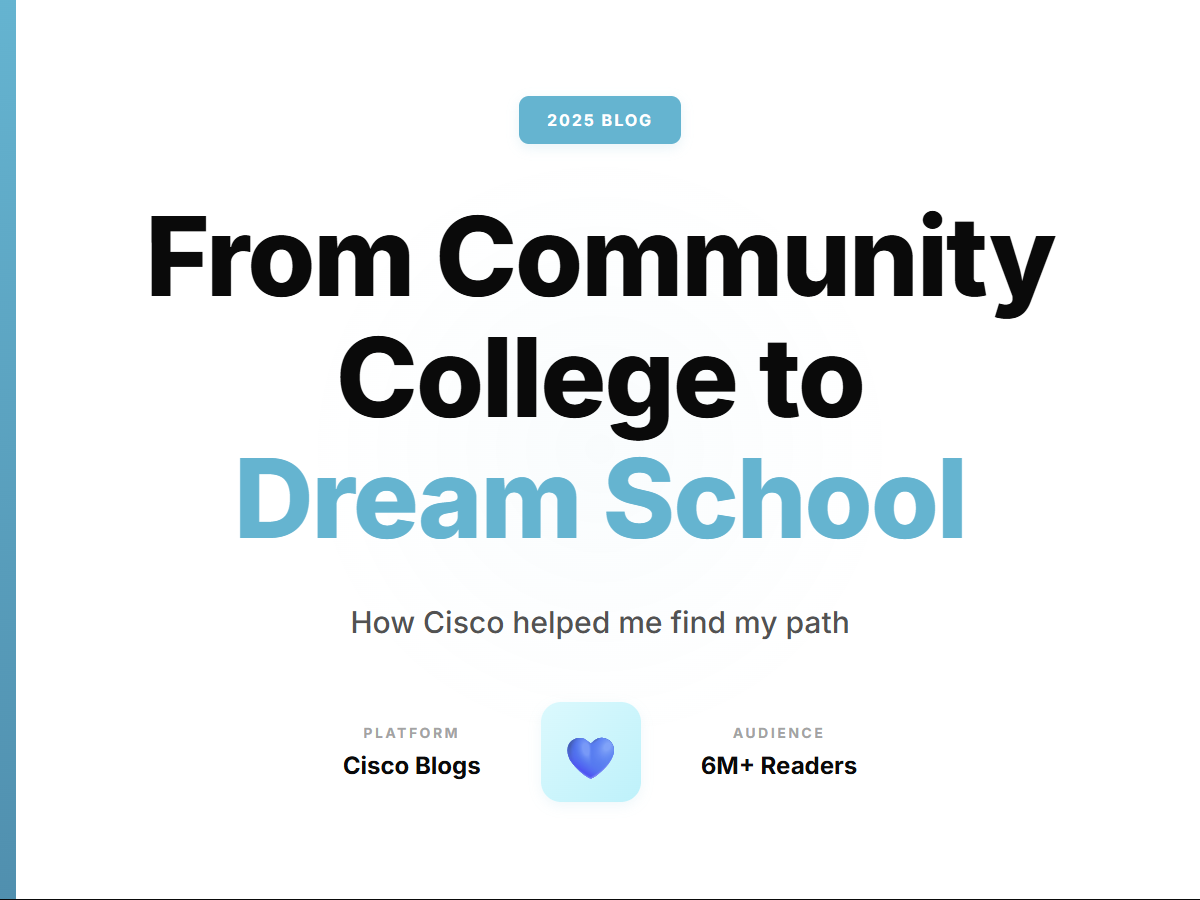Essay Excerpts (Highlights)
Thesis (Paragraph 1)
Because of TikTok’s dominant influence as a social media marketing tool, it affects every aspect of the music industry, from not only who rises to fame, but the length, accessibility, content, and output of music, which potentially puts artistry in jeopardy.
The Value of TikTok (Paragraph 2)
Why is TikTok so important to the music industry? Social media’s value in marketing is hard not to emphasize.
Although physical music isn’t yet obsolete, in 2021 figures published by the RIAA indicated that “83% of music industry revenues,” were from digital streaming (Richter).
TikTok’s value to the music industry comes from its audience, as “75% of TikTok visitors discover [musical] artists there,” and “63% say it’s a source for [the] music [they haven’t] heard before.” In fact, TikTok is widely known to be intertwined with the music industry, as “72% [indicate] they associate certain songs with TikTok.” Their engagement doesn’t stop within the TikTok application, with “67% of TikTokers [being] more likely to seek out songs on music-streaming services” (Mayfield).
TikTok’s value to the music industry comes from its audience, as “75% of TikTok visitors discover [musical] artists there,” and “63% say it’s a source for [the] music [they haven’t] heard before.” In fact, TikTok is widely known to be intertwined with the music industry, as “72% [indicate] they associate certain songs with TikTok.” Their engagement doesn’t stop within the TikTok application, with “67% of TikTokers [being] more likely to seek out songs on music-streaming services” (Mayfield).
Rise to Fame (Paragraph 3)
So how does a song gain traction on TikTok? Creating virality from scratch is near impossible- and a formula that all marketing agencies strive towards finding.
TikTok has propelled virtually unknown artists to stardom, the most exemplary and undeniable example being Lil Nas X with his song “Old Town Road”. The song was first released independently in December of 2018 on the platform SoundCloud, taking on a strange genre fusion- country and rap. Amid its release, the internet was already “crawling with cowboy memes,” and Lil Nas X even originally promoted the song with his own memes (Leight). It started to gain traction in late December, and became the soundtrack to TikTok’s newest and biggest trend, the ‘yeehaw challenge’.
Lil Nas X ... broke the record for the longest #1 charting song on the Billboard Hot 100, with 19 consecutive weeks. In October 2019, the song broke another record, being the fastest platinum certification by RIAA ever, indicating 10 million units sold. Today, Lil Nas X is a critically acclaimed artist with multiple chart-topping songs and was even nominated for ‘Album of the Year’ at the Grammys for his debut album.
Lil Nas X ... broke the record for the longest #1 charting song on the Billboard Hot 100, with 19 consecutive weeks. In October 2019, the song broke another record, being the fastest platinum certification by RIAA ever, indicating 10 million units sold. Today, Lil Nas X is a critically acclaimed artist with multiple chart-topping songs and was even nominated for ‘Album of the Year’ at the Grammys for his debut album.
The Shortening (Paragraph 4)
Attention spans are getting drastically shorter- and songs are too. Mainstream song length has been decreasing since the popularity of the radio, which prioritized a selection of shorter songs to cater to the most people during their listening.
According to Dr. Gloria Mark, an informatics professor at U.C. Irvine,“ in 2004, we measured [a person's] average attention on a screen to be 2½ minutes,” prior to the invention of the iPhone. Years later, they found the attention span to have dropped to just “75 seconds,” and today, it is as low as “47 seconds” (LaMotte).
A 2018 study found that since the year 2000, the average song duration has dropped from about 4 minutes to 3½ minutes on the Billboard Hot 100 chart. Interestingly, the same study also found that in recent years, song titles of Billboard hits are more likely to be two words rather than three (Tauberg).
A 2018 study found that since the year 2000, the average song duration has dropped from about 4 minutes to 3½ minutes on the Billboard Hot 100 chart. Interestingly, the same study also found that in recent years, song titles of Billboard hits are more likely to be two words rather than three (Tauberg).
Accessibility (Paragraph 5)
TikTok isn’t just changing the mainstream music scene. Social media, such as TikTok, has played a large role in the accessibility of music and has in turn allowed non-mainstream, or ‘underground’ music to thrive.
Grubbs, who’s been in the music scene since the 80s, feels his “sphere [of music] has definitely benefited from social media, especially as away to promote shows, book tours, [and more].” He also pointed out that “as a professor, [he] noticed that people have a broader knowledge of musical history [now],” although it can be “fairly shallow”.
Chude-Sokei stressed that “what [he] think[s] is more important is the fact that due to social media, the ‘mainstream’ seems less dominant because there are so many other zones for music.”
The Content of Art (Paragraph 6)
More recently, certain song trends on TikTok have directly affected the music output of artists and labels.
Deluxe versions of albums have always existed in some form or another, but they have gotten more and more popular in the digital age where streaming is key. It’s becoming more common to see sped-up versions of songs included on these deluxe albums, sometimes passing the original in streams.
Monetarily, there is really no downside, as the music is already recorded, and just needs to be sped up from “30% to 50%”. For reference, there is currently an insane level of demand for sped-up music, as “the TikTok hashtag ‘spedupsounds’ has 11.1 billion views,” the hashtag being an identifier creators can add to describe their videos. Spotify even has an official ‘Sped Up Songs’ playlist that has “over a million likes and comprises four hours of songs” (Mullen).
Monetarily, there is really no downside, as the music is already recorded, and just needs to be sped up from “30% to 50%”. For reference, there is currently an insane level of demand for sped-up music, as “the TikTok hashtag ‘spedupsounds’ has 11.1 billion views,” the hashtag being an identifier creators can add to describe their videos. Spotify even has an official ‘Sped Up Songs’ playlist that has “over a million likes and comprises four hours of songs” (Mullen).
The Content of Art Continued (Paragraph 7)
There is also seemingly an uptick in songs written around a gimmicky component, atleast on TikTok.
The song ‘abcdefu’ by Gayle is a prime example of a pop song that embodies a gimmick, in which the alphabet is turned vulgar in a catchy chorus. The song not only peaked at #3 on the Billboard Hot 100 but was later nominated for ‘Song of the Year’ at the 65th Grammy awards.
Most likely what TikTok has changed is what’s popular, and not what’s actually being made. Drew Daniel agreed, stating that “popular music has always had a gimmicky component,” as “records are products sold under capitalism,” which “has always been true”.
This has most definitely bled into the established mainstream as well, with artists such as Drake putting out tracks such as “Toosie Slide” which oozes of a song made for TikTok. The song is essentially a modern-day “Cha Cha Slide”, describing the easy but entertaining dance in the lyrics. If it was meant for TikTok, it worked perfectly, achieving virality and debuting at #1 on the Billboard Hot 100 chart, making history for Drake as the first male artist to have three #1 hits.
Most likely what TikTok has changed is what’s popular, and not what’s actually being made. Drew Daniel agreed, stating that “popular music has always had a gimmicky component,” as “records are products sold under capitalism,” which “has always been true”.
This has most definitely bled into the established mainstream as well, with artists such as Drake putting out tracks such as “Toosie Slide” which oozes of a song made for TikTok. The song is essentially a modern-day “Cha Cha Slide”, describing the easy but entertaining dance in the lyrics. If it was meant for TikTok, it worked perfectly, achieving virality and debuting at #1 on the Billboard Hot 100 chart, making history for Drake as the first male artist to have three #1 hits.
Artists Output (Paragraph 8)
As one would expect, music labels and marketing teams are eager to get a piece of the TikTok virality pie, which can seemingly be detrimental to the artists they represent.
In fact, many artists have spoken out against their labels for contractual or forced TikTok content, including the likes of Halsey, Charli XCX, Ed Sheeran, and more. Halsey’s now ironically viral TikTok had “the effect of a hostage video,” in which they wrote, “‘basically i have a song that i love that i wanna release ASAP but my record label won’t let me. ive been in this industry for 8 years and ive sold over 165 million records and my record company is saying that i can’t release it unless they can fake a viral moment on tiktok.’” (Rao).
In the case of Charli XCX, she posted that her label asked her “‘to make [her] 8th tiktok of the week,” and Ed Sheeran even posted a TikTok of himself eating chips, writing that he was supposed to be promoting his song but that he really just wanted to eat instead (Rao).
In the case of Charli XCX, she posted that her label asked her “‘to make [her] 8th tiktok of the week,” and Ed Sheeran even posted a TikTok of himself eating chips, writing that he was supposed to be promoting his song but that he really just wanted to eat instead (Rao).
Want more? Here's the full essay:
TikTok is not only the fastest-growing social media platform, but one of the most powerful marketing tools for musicians and entrepreneurs alike. TikTok has been rooted in the music industry since day one, its former predecessor being Musical.ly, a similar short-form video content feed centered around the lip-syncing of music. Having amassed over one billion active monthly users with its highly interactive short-form video content, its scope of influence is undeniable, growing bigger every day. Videos typically range in length from 15 seconds to a minute or longer, and are easily accessible with a simple upward scroll, giving way to virtually unlimited entertainment. The vast majority of content is accompanied by a popular soundbite, often a song or pop-culture reference, but users have the freedom to upload their own audio as well. This allows for independent musicians to not only showcase their own music but for fans to engage more than ever before by creating their own remixes on the app. Because of TikTok’s dominant influence as a social media marketing tool, it affects every aspect of the music industry, from not only who rises to fame, but the length, accessibility, content, and output of music, which potentially puts artistry in jeopardy.
Why is TikTok so important to the music industry? Social media’s value in marketing is hard not to emphasize. For years now, social media has taken a firm grip on society and manages to impact the vast majority of people’s everyday lives. The technology industry is growing at an exponential rate, and more and more people have access to the internet every year. Social media flipped the music industry on its head with the introduction of streaming services, becoming drastically different in just two decades. Although physical music isn’t yet obsolete, in 2021 figures published by the RIAA indicated that “83% of music industry revenues,” were from digital streaming (Richter). TikTok, although younger than many of its competitors, has taken over as the fastest-growing social media app. Not only that, but TikTok garners the most user engagement per day of its competitors, an impressive although scary statistic. TikTok’s value to the music industry comes from its audience, as “75% of TikTok visitors discover [musical] artists there,” and “63% say it’s a source for [the] music [they haven’t] heard before.” In fact, TikTok is widely known to be intertwined with the music industry, as “72% [indicate] they associate certain songs with TikTok.” Their engagement doesn’t stop within the TikTok application, with “67% of TikTokers [being] more likely to seek out songs on music-streaming services” (Mayfield). This user translation rate can prove extremely useful and profitable for the music industry and indicates TikTok’s demographic is one worth targeting. ByteDance, the parent company of TikTok, acquired Musical.ly on November 10th of 2017, merging the lip-syncing predecessor with TikTok. At the time, Musical.ly had just 60 million monthly active users, and the deal was estimated to be worth between 800 million to 1 billion dollars. Almost 6 years later, TikTok’s valuation is estimated to be worth around 65 billion dollars, being the fourth most valuable media brand worldwide (Thomala). TikTok’s enormous growth and overwhelmingly positive user statistics show not only its current influence, but its potential future influence, and its importance to the music industry.
So how does a song gain traction on TikTok? Creating virality from scratch is near impossible- and a formula that all marketing agencies strive towards finding. However, there are obvious similarities between the majority of TikTok success stories. Oftentimes, a small creator on the app uses a song and choreographs a dance or trend to it. It then spreads to other smaller creators, where eventually it gets picked up by a creator with a big audience. TikTok’s duet feature allows creators to add on or create their TikTok with another creator, allowing exposure for both. From there, it spreads like wildfire. Creators also have the ability to add their own sound to the app, allowing them to use their own music or upload unreleased music, like in the case of SZA’s “I Hate U” single. Originally a SoundCloud exclusive, released on August 22, 2021, it gained so much traction on TikTok that SZA decided to release it through her label on December 3, 2021. It was a smash hit, debuting at #1 on both Apple Music and Spotify, and broke the record for the most streamed R&B song by a female artist in the first week on Apple Music. However, despite the impressive feat, SZA was an already established artist, with multiple grammy nominations. TikTok has propelled virtually unknown artists to stardom, the most exemplary and undeniable example being Lil Nas X with his song “Old Town Road”. The song was first released independently in December of 2018 on the platform SoundCloud, taking on a strange genre fusion- country and rap. Amid its release, the internet was already “crawling with cowboy memes,” and Lil Nas X even originally promoted the song with his own memes (Leight). It started to gain traction in late December, and became the soundtrack to TikTok’s newest and biggest trend, the ‘yeehaw challenge’. It exploded in popularity overnight, with “over 6 million” users in the United States creating videos to the soundbite according to Rolling Stone (Leight). In March, the song, which may have seemed like a fad at first, showcased its true longevity. Lil Nas X signed with Columbia Records, who re-released the song and released a remix of the track featuring country star Billy Ray Cyrus in early April. Despite the controversy around Billboard’s determination that Old Town Road wasn’t a country song, and couldn’t be on the country charts, Lil Nas X still broke the record for the longest #1 charting song on the Billboard Hot 100, with 19 consecutive weeks. In October 2019, the song broke another record, being the fastest platinum certification by RIAA ever, indicating 10 million units sold. Today, Lil Nas X is a critically acclaimed artist with multiple chart-topping songs and was even nominated for ‘Album of the Year’ at the Grammys for his debut album. Besides Lil Nas X, there are plenty of other success stories, from well-established artists like Doja Cat, Megan Thee Stallion, Dua Lipa, and more. TikTok’s powerful algorithm combined with its demographics and engagement makes it an undeniable key player in the modern music industry for artists wishing to establish and further their careers.
Attention spans are getting drastically shorter- and songs are too. Mainstream song length has been decreasing since the popularity of the radio, which prioritized a selection of shorter songs to cater to the most people during their listening. The average person’s attention span has decreased in the social media age, where the brain is often overstimulated with loads of information and choices. According to Dr. Gloria Mark, an informatics professor at U.C. Irvine, “in 2004, we measured [a person's] average attention on a screen to be 2½ minutes,” prior to the invention of the iPhone. Years later, they found the attention span to have dropped to just “75 seconds,” and today, it is as low as “47 seconds” (LaMotte). This trend is especially apparent on the Billboard Hot 100, a widely accepted ranking of the 100 most popular songs compiled weekly by physical and digital sales, streaming, and radio play. A 2018 study found that since the year 2000, the average song duration has dropped from about 4 minutes to 3½ minutes on the Billboard Hot 100 chart. Interestingly, the same study also found that in recent years, song titles of Billboard hits are more likely to be two words rather than three (Tauberg). Given the new climate of streaming, where services like Spotify only pay royalties on songs streamed for more than 30 seconds, it is in artists' best interest monetarily to focus on shorter songs with more replayability. David Grubbs is a Professor of Music at Brooklyn College and the CUNY Graduate Center in New York City, and a founding member of the bands’ Squirrel Bait, Bastro, and Gastr Del Sol. When asked about the progressive shortening of popular music, he said that “when MTV started in the 1980s [he] had a theory that mainstream pop songs were about to get a lot shorter,” as people “were hungry for bite-sized songs.” Although Grubbs admits it didn't happen then, he believes it’s likely that “TikTok has finally made it happen.” However, it’s not so black and white. Drew Daniel is a Professor of English at Johns Hopkins University in Maryland and is also a part of the electronic music duo Matmos. Whilst Daniel pointed out that the statistics may show popular music getting shorter, it’s important to be skeptical and not generalize all music. He said that “the question of how short or long a song is [often] a matter of genre,” citing grindcore, an extreme form of heavy metal that is often short in length, as an example. It’s worth noting that the majority of the Billboard Hot 100 chart is made up of mainstream genres such as rap, pop, and country music. Even if not all music is getting shorter, the masses are driving shorter songs to the top of the charts, likely at the fault of social media like TikTok.
TikTok isn’t just changing the mainstream music scene. Social media, such as TikTok, has played a large role in the accessibility of music and has in turn allowed non-mainstream, or ‘underground’ music to thrive. In the past, music labels were an essential part of the formula for an artist’s career to thrive, providing marketing on a scale that was otherwise unattainable. However, today, many independent musicians are harnessing the free marketing put forth by social media algorithms to gain a larger audience. Grubbs, who’s been in the music scene since the 80s, feels his “sphere [of music] has definitely benefited from social media, especially as a way to promote shows, book tours, [and more].” He also pointed out that “as a professor, [he] noticed that people have a broader knowledge of musical history [now],” although it can be “fairly shallow”. In fact, there are indie artists that are able to make a living on TikTok without achieving full virality. Showcasing new songs, recording sessions, and song ideas, independent artists are able to market themselves to new audiences easily. Some artists host online concerts that allow their fans to watch from anywhere in the world, which avoids the heavy cost of touring that costs too much for the average musician. Louis Chude-Sokei is an author and professor at Boston University, who has collaborated with the German electronic duo Mouse on Mars on many projects, most recently their album AAI. When asked if he noticed a change in music that could be attributed to social media, Chude-Sokei stated that “social media has definitely become more central to the consuming and publicizing of music,” and that “as with so many other things now, you need a social media presence to be heard and seen.” As Chude-Sokei alluded to, getting signed to a music label without a social media presence or following as an artist can oftentimes be near impossible. Chude-Sokei stressed that “what [he] think[s] is more important is the fact that due to social media, the ‘mainstream’ seems less dominant because there are so many other zones for music.” As Chude-Sokei said, the mainstream seems less important than ever, as opportunities have been created for both musicians and consumers to explore new paths. TikTok has proven itself to be a breeding ground and tool for niche subgenres and communities and allowed more accessibility into the industry for both independent artists and for those listening.
More recently, certain song trends on TikTok have directly affected the music output of artists and labels. Deluxe versions of albums have always existed in some form or another, but they have gotten more and more popular in the digital age where streaming is key. It’s becoming more common to see sped-up versions of songs included on these deluxe albums, sometimes passing the original in streams. This trend originated in viral fan-made edits of songs, often remixed by various DJs showcasing the process behind their production. Unofficial versions of songs were being hosted on sites like SoundCloud or YouTube, some racking up millions of views. Once music labels noticed they were missing out on streaming revenue, sped-up songs took over the industry. Monetarily, there is really no downside, as the music is already recorded, and just needs to be sped up from “30% to 50%”. For reference, there is currently an insane level of demand for sped-up music, as “the TikTok hashtag ‘spedupsounds’ has 11.1 billion views,” the hashtag being an identifier creators can add to describe their videos. Spotify even has an official ‘Sped Up Songs’ playlist that has “over a million likes and comprises four hours of songs” (Mullen). While TikTok isn’t necessarily killing artistry, its effect on the music industry's output is clear, and will likely shed influence on the creation of songs in the future.
There is also seemingly an uptick in songs written around a gimmicky component, at least on TikTok. Whilst popular music has always received some degree of criticism, often for being watered down to appeal to the masses, TikTok seemingly embraces it. The song ‘abcdefu’ by Gayle is a prime example of a pop song that embodies a gimmick, in which the alphabet is turned vulgar in a catchy chorus. The song not only peaked at #3 on the Billboard Hot 100 but was later nominated for ‘Song of the Year’ at the 65th Grammy awards. Artist Salem Ilese is no stranger to these gimmicks either, often writing songs around a pop culture reference and repeatedly achieving TikTok virality. Her song “Mad at Disney” pulls apart the happily ever after story Disney capitalizes off of, and although simply written, went viral within a month of its release. More recently, Ilese released “PS5” whose chorus poses a relationship ultimatum- to choose between her or the PS5, a popular gaming console by PlayStation. Although it didn’t surpass “Mad At Disney” in success, it still performed considerably well and became her second most successful song to date. In cases like these, it may seem like music is getting simpler as a whole, but it’s important to keep in mind that simple, gimmicky songs thrive on TikTok due to the ease of creating a trend for them. Most likely what TikTok has changed is what’s popular, and not what’s actually being made. Drew Daniel agreed, stating that “popular music has always had a gimmicky component,” as “records are products sold under capitalism,” which “has always been true”. This has most definitely bled into the established mainstream as well, with artists such as Drake putting out tracks such as “Toosie Slide” which oozes of a song made for TikTok. The song is essentially a modern-day “Cha Cha Slide”, describing the easy but entertaining dance in the lyrics. If it was meant for TikTok, it worked perfectly, achieving virality and debuting at #1 on the Billboard Hot 100 chart, making history for Drake as the first male artist to have three #1 hits. With that being said, it’s apparent that TikTok has a chokehold on the music industry from the bottom up, and is affecting the actual writing of content in songs.
As one would expect, music labels and marketing teams are eager to get a piece of the TikTok virality pie, which can seemingly be detrimental to the artists they represent. Although there’s minimal proof, it’s speculated that many, if not all music labels are attempting to manufacture virality through trends. Dance trends may be the easiest to manufacture, which would involve choreographing a dance to a song, in the hopes the dance sparks a trend, causing the song to go viral. In some cases, the choreography will originate naturally from a fan, and then be picked up by the artist themselves on the app. Or, as previously mentioned, in the case of Drake’s “Toosie Slide” the instructions for the dance were in the content of the song itself. In fact, many artists have spoken out against their labels for contractual or forced TikTok content, including the likes of Halsey, Charli XCX, Ed Sheeran, and more. Halsey’s now ironically viral TikTok had “the effect of a hostage video,” in which they wrote, “‘basically i have a song that i love that i wanna release ASAP but my record label won’t let me. ive been in this industry for 8 years and ive sold over 165 million records and my record company is saying that i can’t release it unless they can fake a viral moment on tiktok.’” (Rao). Unfortunately for artists, labels withholding the release of music isn’t uncommon and is often done to build up anticipation for its release. In the case of Charli XCX, she posted that her label asked her “‘to make [her] 8th tiktok of the week,” and Ed Sheeran even posted a TikTok of himself eating chips, writing that he was supposed to be promoting his song but that he really just wanted to eat instead (Rao). It’s been shown that music labels have regularly required artists to be directly involved in the marketing process via TikTok, just because of how powerful a tool it is. Truth be told, while TikTok has its definite upsides in the music industry, its strong monetary benefit may be jeopardizing artists' mental health, passion, and desire to create art in the future.
By and large, it’s undeniable that TikTok is crucial to the modern music industry. It’s more than likely its influence will continue to grow worldwide, as more and more aspects of life rely on social media. The music industry as a whole has greatly benefited from the potential TikTok brings, but there is definite potential for misuse that could harm artistry as a whole. Whether it be the algorithm that has the ability to propel the unknown into stardom, or the pressure music labels put on their artists in the race for greed, TikTok’s influence is hard to fathom. It has changed music as a whole, as a listening experience, from altering the length of songs, the writing in them, to what actually gets released and heard by listeners. The truth is, social media as a whole is in its baby phase, and the true long term consequences are yet to be reckoned with. Whether one is an artist, consumer, critic, or music label executive, the best path is to tread lightly, let the art speak for itself and to always be open minded to the future.
Citations
Chude-Sokei, Louis, Mr. Personal interview with the author. Mar. 2023.
Daniel, Drew, Mr. Personal interview with the author. Mar. 2023.
Grubbs, David, Mr. Personal interview with the author. Mar. 2023.
LaMotte, Sandee. "Your attention span is shrinking, studies say. Here's how to stay focused." CNN, 11 Jan. 2023, www.cnn.com/2023/01/11/health/short-attention-span-wellness/index.html. Accessed 24 Mar. 2023.
Leight, Elias. "Here's Why Shorter Songs Are Surging (And Why Some Welcome It)." Billboard, 18 Nov. 2022, www.billboard.com/pro/songs-getting-shorter-tiktok-streaming/.
Leight, Elias. "Lil Nas X's 'Old Town Road' Was a Country Hit. Then Country Changed Its Mind." Rolling Stone, 26 Mar. 2019, www.rollingstone.com/music/music-features/lil-nas-x-old-town-road-810844/. Accessed 24 Mar. 2023.
Mayfield, Geoff. "Studies Show TikTok's Music Clout: Two-Thirds of Users Go to Streaming Services to Play Songs They've Found." Variety, 21 July 2021, variety.com/2021/music/news/tiktok-study-music-clout-1235024620/. Accessed 24 Mar. 2023.
Mullen, Matt. "Why are artists releasing sped-up versions of their songs?" Music Radar, 25 Jan. 2023, www.musicradar.com/news/sped-up-songs. Accessed 24 Mar. 2023.
Rao, Sonia. "Record labels want viral TikToks. Artists are pushing back." The Washington Post, 25 May 2022, www.washingtonpost.com/arts-entertainment/2022/05/25/record-labels-want-viral-tiktoks-artists-are-pushing-back/. Accessed 24 Mar. 2023.
Richter, Felix. "From Tape to Tidal: 4 Decades of U.S. Music Sales." Statista, 24 June 2022, www.statista.com/chart/17244/us-music-revenue-by-format/. Accessed 24 Mar. 2023.
Tauberg, Michael. "Music is Getting Shorter." Medium, 27 Apr. 2018, michaeltauberg.medium.com/music-and-our-attention-spans-are-getting-shorter-8be37b5c2d67. Accessed 24 Mar. 2023.
Thomala, Lai Lin. "Brand value of TikTok/Douyin worldwide from 2021 to 2023." Statista, 8 Mar. 2023, www.statista.com/statistics/1324424/tiktok-brand-value/. Accessed 24 Mar. 2023.
Tran, Kevin. "Social video app Musical.ly acquired for up to $1 billion." Business Insider, 13 Nov. 2017, www.businessinsider.com/social-video-app-musically-acquired-for-up-to-1-billion-2017-11. Accessed 24 Mar. 2023.
Daniel, Drew, Mr. Personal interview with the author. Mar. 2023.
Grubbs, David, Mr. Personal interview with the author. Mar. 2023.
LaMotte, Sandee. "Your attention span is shrinking, studies say. Here's how to stay focused." CNN, 11 Jan. 2023, www.cnn.com/2023/01/11/health/short-attention-span-wellness/index.html. Accessed 24 Mar. 2023.
Leight, Elias. "Here's Why Shorter Songs Are Surging (And Why Some Welcome It)." Billboard, 18 Nov. 2022, www.billboard.com/pro/songs-getting-shorter-tiktok-streaming/.
Leight, Elias. "Lil Nas X's 'Old Town Road' Was a Country Hit. Then Country Changed Its Mind." Rolling Stone, 26 Mar. 2019, www.rollingstone.com/music/music-features/lil-nas-x-old-town-road-810844/. Accessed 24 Mar. 2023.
Mayfield, Geoff. "Studies Show TikTok's Music Clout: Two-Thirds of Users Go to Streaming Services to Play Songs They've Found." Variety, 21 July 2021, variety.com/2021/music/news/tiktok-study-music-clout-1235024620/. Accessed 24 Mar. 2023.
Mullen, Matt. "Why are artists releasing sped-up versions of their songs?" Music Radar, 25 Jan. 2023, www.musicradar.com/news/sped-up-songs. Accessed 24 Mar. 2023.
Rao, Sonia. "Record labels want viral TikToks. Artists are pushing back." The Washington Post, 25 May 2022, www.washingtonpost.com/arts-entertainment/2022/05/25/record-labels-want-viral-tiktoks-artists-are-pushing-back/. Accessed 24 Mar. 2023.
Richter, Felix. "From Tape to Tidal: 4 Decades of U.S. Music Sales." Statista, 24 June 2022, www.statista.com/chart/17244/us-music-revenue-by-format/. Accessed 24 Mar. 2023.
Tauberg, Michael. "Music is Getting Shorter." Medium, 27 Apr. 2018, michaeltauberg.medium.com/music-and-our-attention-spans-are-getting-shorter-8be37b5c2d67. Accessed 24 Mar. 2023.
Thomala, Lai Lin. "Brand value of TikTok/Douyin worldwide from 2021 to 2023." Statista, 8 Mar. 2023, www.statista.com/statistics/1324424/tiktok-brand-value/. Accessed 24 Mar. 2023.
Tran, Kevin. "Social video app Musical.ly acquired for up to $1 billion." Business Insider, 13 Nov. 2017, www.businessinsider.com/social-video-app-musically-acquired-for-up-to-1-billion-2017-11. Accessed 24 Mar. 2023.


